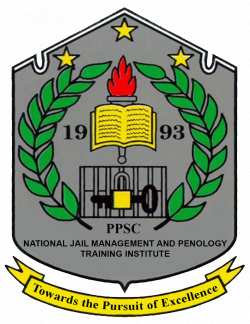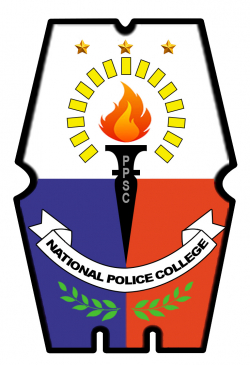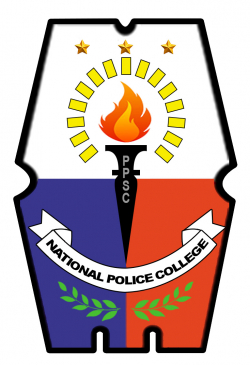The Plea Bargaining in Drug Cases in Relation to Jail Decongestion in Olongapo District Jail-Male and Female Dormitory

Book Stores
Type
Book
Authors
ISSN
2672-3867
Category
JOAC Research
[ Browse Items ]
Publication Year
2019
Publisher
NJMPTI, Philippines
URL
[ private ]
Tags
Abstract
The upsurge in the admission of offenders/detainees with cases under Republic Act 9165 in the jails of the Bureau was the aftermath of our president’s “War on Drugs,” particularly the OPLAN Tokhang that was onset last 2016. The said influx of detainees caused the massive congestion of jails that is still faced by the Jail Bureau today. In this regard, the Philippine Supreme Court agreed to overrule section 23 of the act in order to pave way for drug offenders to avail plea bargain. Having said, the researchers want to look at the real implication of the said decision by the Supreme Court. As Jail junior officers, the researchers will have a better lens at viewing the magnitude of the modification of the act to the current situation of jails countrywide. This study assessed if plea bargaining had a significant relationship with the its decongestion rate through the existing data from the jail itself—PDLs who availed the plea bargain and the congestion rate through four months. The data correlation were moreover reinforced by a series of interview with key persons in authority regarding their opinion about plea bargaining. The said key persons were: (1) Barangay Captain; (2) PDEA Officer; (3) Probation Officer; (4) Warden; (5) Chief of Police; (6) Lawyer; (7) Prosecutor; and (8) Judge. It was found out through the results that there was a high correlation between Plea Bargaining and Jail Decongestion. Furthermore, there were four key persons out of eight that affirmed the said correlation.
Number of Copies
1
| Library | Accession No | Call No | Copy No | Edition | Location | Availability |
|---|---|---|---|---|---|---|
| NPC Library | 676262 | 1 | Yes |




